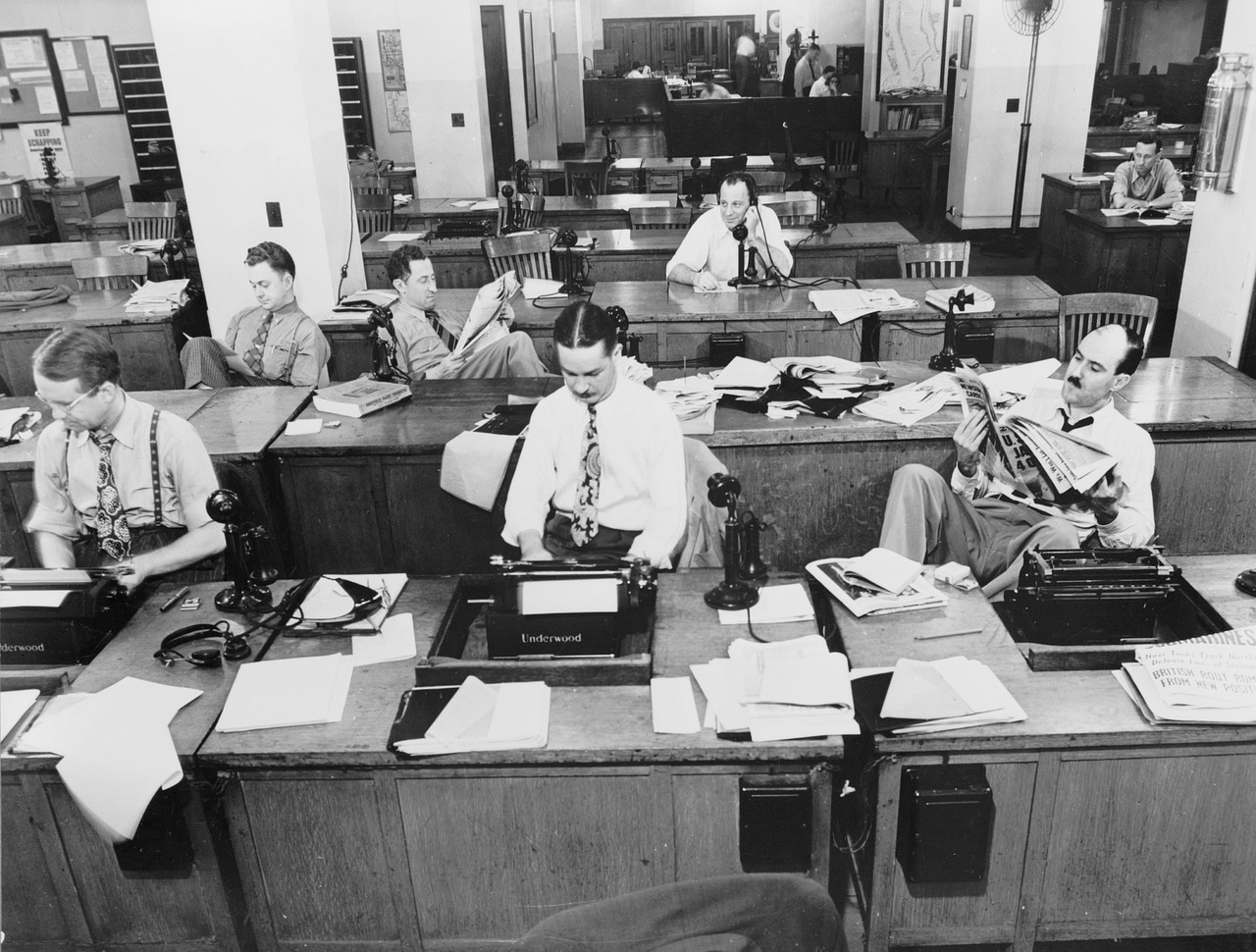OTAN News
Why 'Digital Literacy' Is Now a Workplace Non-Negotiable
Alex Christian's article published, September 26, 2022, in the BBC's Worklife section on the BBC website reports how the phrase, "digital literacy" has "evolved significantly" over a brief period. According to Christian, "digital literacy used to mean being able to send an email or type using a word-processing program." People might use specific tools or software and need to be "fluent in how to use it accordingly." Employers screened new candidates on their functional digital literacy.
Currently, "digital literacy" is not a "functional proposition," but a mindset. Today's employees have a greater expectation to "nimbly adopt whatever technology comes with their job as well as adapt to ever-changing tools and approaches." This mindset creates the expectation of strategic technology use. This means people can integrate using their personal mobile devices, zoom across the world while creating collaborative workflow programs.
 Image by Welcome to All ! ツ from Pixabay
Image by Welcome to All ! ツ from Pixabay
Ying Zhou, Director of the Future of Work Research Centre at the University of Surrey, UK says, "workers who stand still and stop acquiring digital expertise risk falling behind. Every time technology is developed it pushes up the workforce's skill requirements."
Job market demand for digital literacy has grown consistently since the 1980s. In 2019, a UK government report showed "at least 82% of online advertised vacancies" required digital skills. These skills have become expected even in roles unrelated to tech. "From warehouse operators using cloud-based management systems, to doctors consulting with patients via remote video appointments, and contractors managing construction projects through mobile collaboration apps, technology is no longer sector-specific." Today employers expect greater proficiency requirements in specific office tools, software, so employees work more efficiently.
 Image by Western Area Power Admin from flickr
Image by Western Area Power Admin from flickr
With technology, employees need to have a growth mindset and assume that they will keep "upgrading" their digital skills. Luckily, technology's "ubiquity" means nearly everyone understands how to text, email, swipe and scroll which often "translates into workplace technological skills." When it does not, employers show greater willingness than before to train and "upskill" candidates. Zhou says one of the best ways for employees to build their digital literacy is "by simply doing their job through a trial-and-error process. Informal learning and knowledge sharing among colleagues is one of the most proven ways of acquiring new skills." That and a growth mindset.

